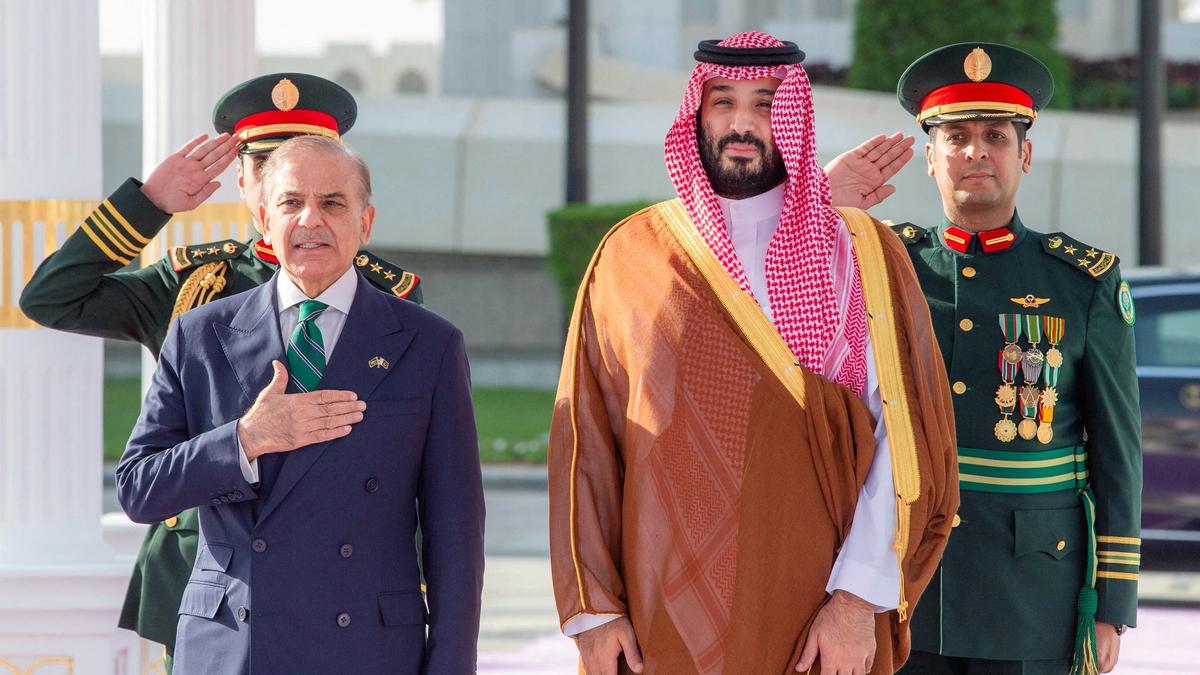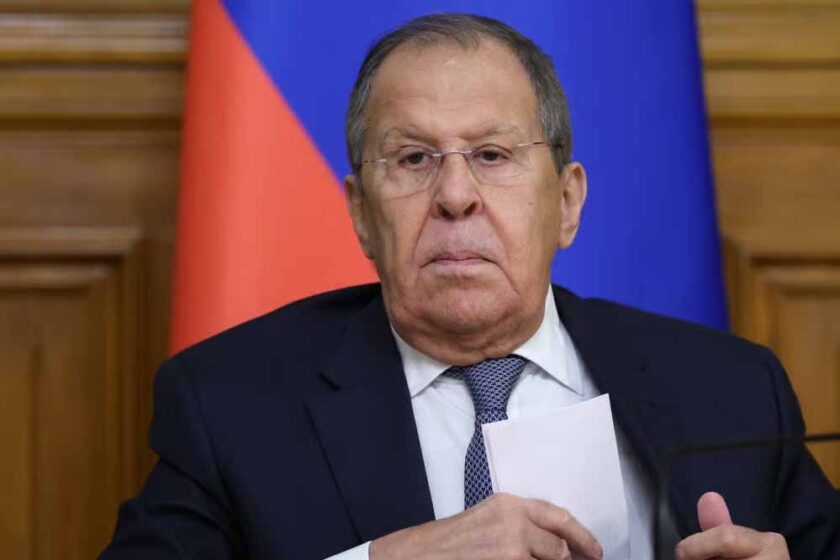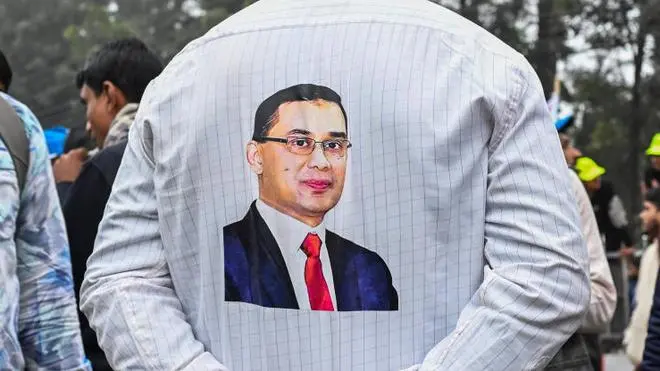New Delhi: The recently signed defence agreement between Pakistan and Saudi Arabia has triggered fresh debate in diplomatic circles. Is this pact a reflection of shifting power dynamics in West Asia, or simply a partnership built on mutual needs?
The agreement comes in the wake of Israel’s strike on Doha, which shattered Qatar’s belief that the American presence at Al Udeid Air Base ensured protection. With nearly 8,000 US troops stationed there, Qatar assumed immunity from aggression. But the attack, which Israel claims was disclosed to then US President Trump beforehand, raised questions about America’s credibility as a security guarantor in the region.
For Saudi Arabia, the attack was a wake-up call. Israeli missiles that reached Doha had to cross Saudi airspace, exposing vulnerabilities in Riyadh’s defence shield. The result: Riyadh began looking for supplementary partners, and Pakistan — the Muslim world’s only nuclear state — became an attractive ally.
India, meanwhile, has responded cautiously, refraining from criticism and underlining its strong ties with Saudi Arabia. New Delhi and Riyadh share more than $50 billion in bilateral trade, with India importing nearly 20 percent of its crude oil from the Kingdom. Earlier this year, both nations signed a defence cooperation agreement involving joint exercises and training programs. Saudi Arabia, Indian officials emphasize, is unlikely to jeopardize this partnership.
For Pakistan, the benefits are clear. Saudi financial aid has been a lifeline for its struggling economy, with low-interest loans and deferred oil payments keeping its reserves afloat. In return, Pakistan has contributed military expertise, from deploying thousands of troops on Saudi soil to former army chief Raheel Sharif heading the Islamic Military Counter Terrorism Coalition. The new defence pact promises deeper collaboration in technology transfer and defence industry cooperation.

Yet, observers caution against overstating the deal’s impact. According to the Global Firepower Index, India ranks fourth among the world’s strongest militaries, compared to Pakistan’s twelfth and Saudi Arabia’s twenty-fourth. Moreover, Riyadh’s armed forces remain heavily dependent on US weaponry and foreign advisors, their limitations exposed during the Yemen conflict against Houthi rebels.
For New Delhi, the agreement is a double-edged sword. On one hand, Saudi Arabia’s economic support to Pakistan may embolden Islamabad in future conflicts. On the other, it pushes India to diversify its energy imports, strengthen defence partnerships with the Quad, and expand ties with Gulf states such as the UAE and Bahrain.
Ultimately, the Pakistan–Saudi Arabia relationship is transactional. Riyadh provides economic relief, while Islamabad offers military manpower. The partnership is unlikely to upend the regional order immediately, but it does highlight eroding confidence in the US as a security anchor in West Asia. Whether this evolves into a long-term strategic axis or remains a marriage of convenience will depend on how regional tensions with Iran and Israel unfold — and how India positions itself amid the shifting sands of global geopolitics.










